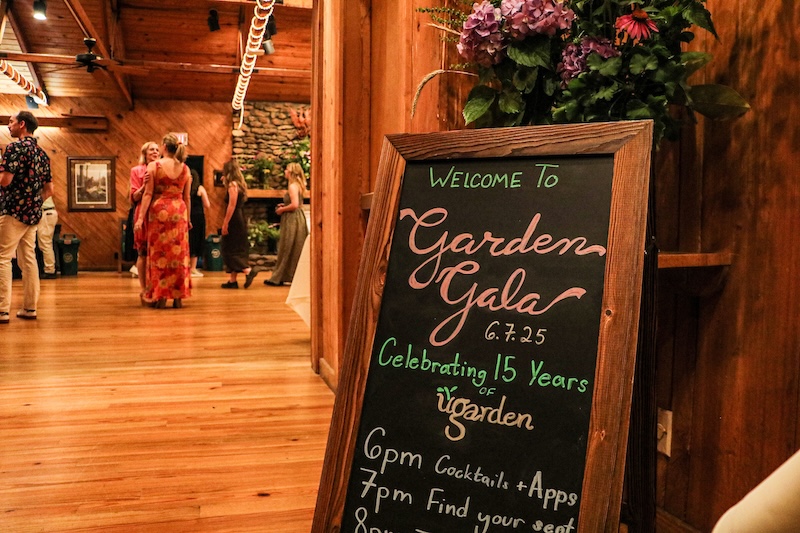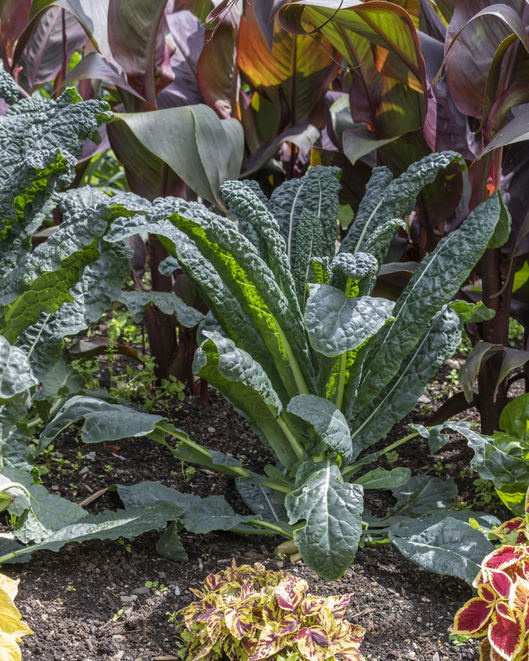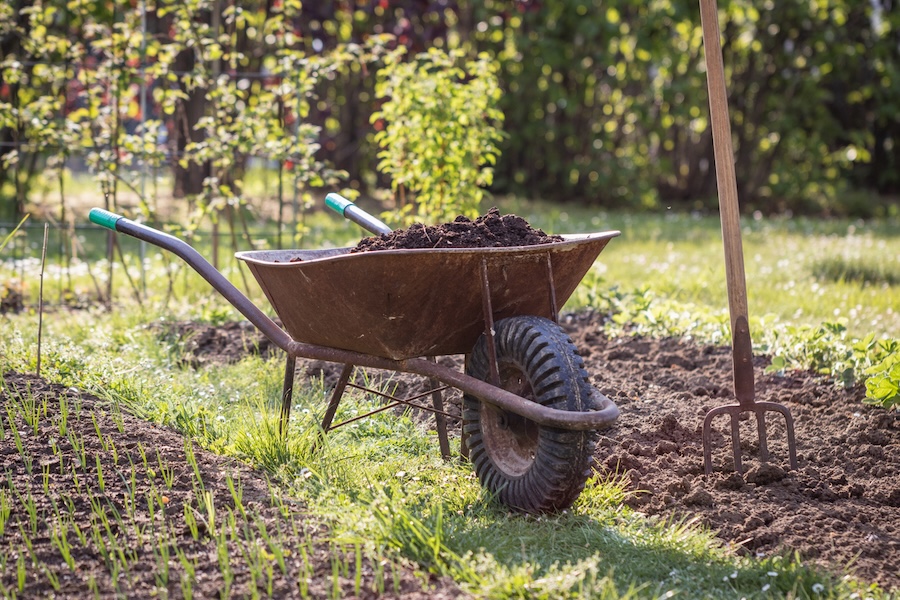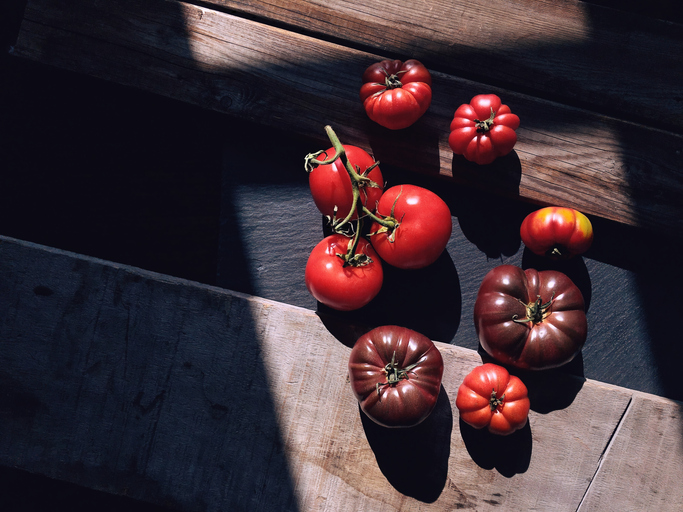 CAES News
CAES News
Growing Black Walnut
Georgia, traditionally known as the Peach State, is famous for its peaches, pecans and peanuts. But thanks to its mild climate, the state also supports a variety of uncommon fruits and nuts — like black walnut. In a series inspired by the University of Georgia Cooperative Extension publication “Minor Fruits and Nuts in Georgia,” we’re highlighting lesser-known fruits and nuts that can thrive in Georgia home gardens.









